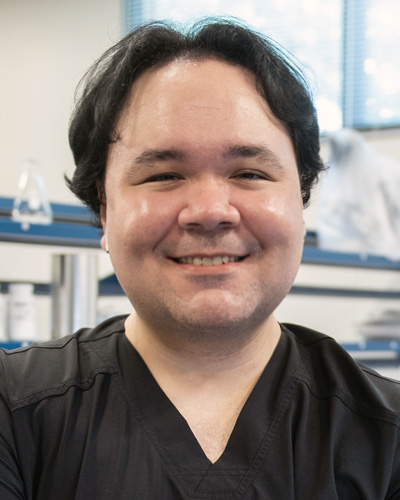Medical laboratory scientists, often referred to as medical technologists, perform a wide array of tests on blood and body fluids, reporting all results to the
ordering physicians. Their role in medical diagnostics is critical to physicians to aid in medical diagnoses.
The complex testing performed on the blood and body fluids aids in the diagnosis and
treatment of cancers, anemias, an array of infectious processes, and diseases.
The field of laboratory science is comprised of five major disciplines: clinical hematology
and coagulation, clinical chemistry, immunohematology, medical microbiology, urinalysis
and body fluids. The five major disciplines have an array of sub-specialties which
are taught and trained within the program, as well.



